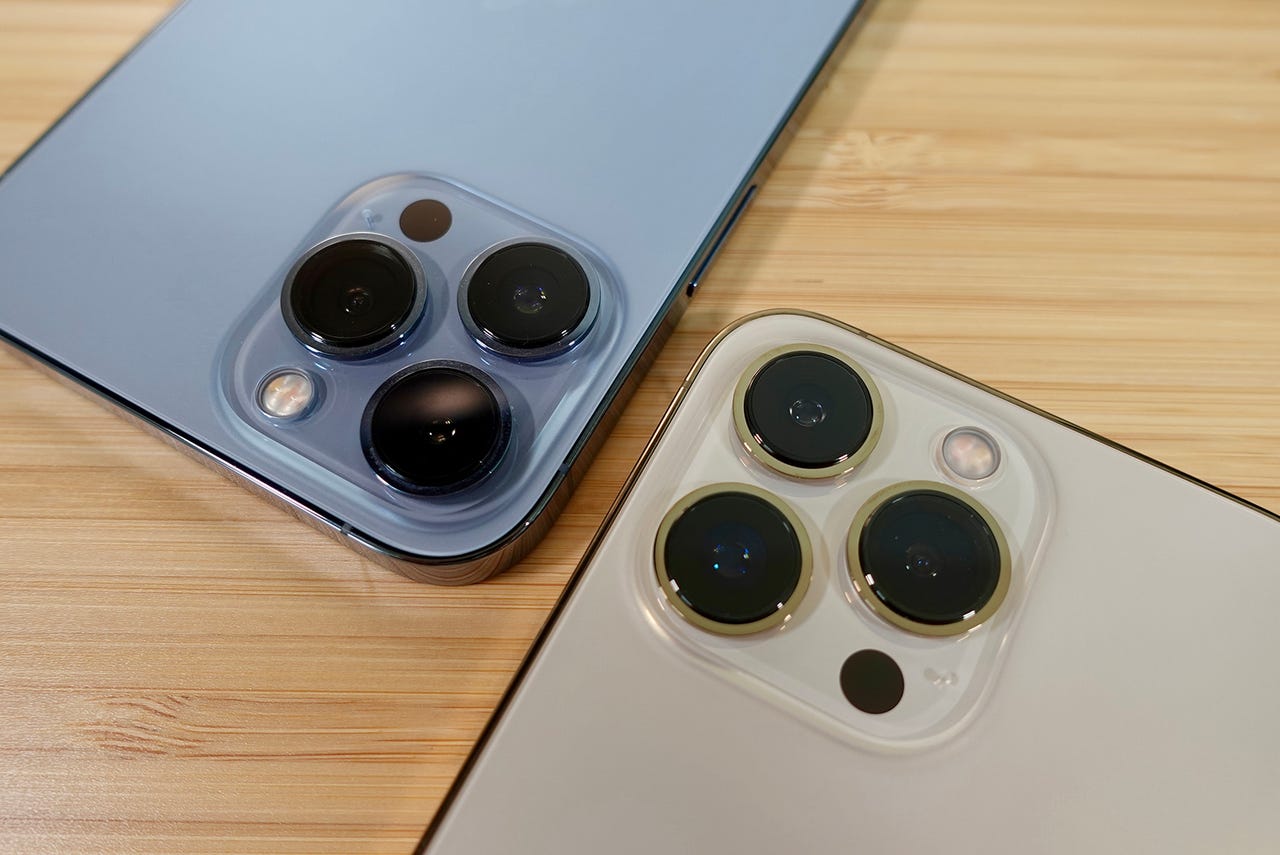
































Apple is now in a place where it needs to make another push into the Android market to keep iPhone sales buoyed. Apple CEO Tim Cook made it clear just how important these "switcher" are to the iPhone's bottom line, with record numbers making the switch from Android to iOS. Apple is also trying to make the switch to Android seem easy, even though the tools it gives users are far from painless.
But there's another problem.
Apple's continuing obsession with creating a feature gap between the iPhone and the iPhone Pro line could very well turn the iPhone 14 into a second-rate choice for those wanting to make the switch from Android.
Also: Don't waste your money on these Apple products: August 2022 edition
Take the upcoming iPhone 14. We already know a lot about what will differentiate the "budget" iPhone 14 and 14 Max from the more energetically priced iPhone 14 Pro and 14 Pro Max.
The best Samsung phones you can buy, tested by 's mobile experts.
Read nowIt seems that the lower-end iPhone 14 and 14 Max will retain the existing A15 Bionic chip, the same 12-megapixel rear camera, and the same low-temperature polySilicon (LTPS) OLED displays that won't be able to support the new iOS 16 always-on display feature and won't support ProMotion 120Hz refresh rate.
Current reports indicate that only the iPhone 14 Pro and Pro Max handsets will be getting the A16 Bionics chip, the new low-temperature polycrystalline oxide (LTPO) TFT OLED display, and the new 48-megapixel camera with better low-light capability.
Now, I would be willing to argue that there's nothing wrong with the existing processor, camera and display. I'm also aware that Apple needs a way to segment the iPhone line in such a way to encourage buyers to pay the additional "Apple tax" so they get all those advanced features.
But the problem for those switching from Android to iPhone is that they might already have a phone with higher megapixel camera or an always-on display, despite running a smartphone that's a few years old or not the flagship model.
The whole point of upgrading and the never-ending upgrade cycle is better hardware and a better experience. Those switching to iPhone might not be getting that unless they're willing to pay the really big bucks and go for the Pro or Pro Max iPhones.
The question is, will people care?
The popularity of Apple's$1,000 and beyond Pro and Pro Max suggests that this marketing strategy isn't just working, it's working really well.
But it's also creating a feature gap between the iPhone and Android smartphones, and as that gap grows, it's going to make it harder for Apple to sell the iPhone to more budget-conscious Android users who are used to being able to access features such as always-on displays and high-megapixel cameras without paying over a thousand dollars.
 Tags chauds:
affaires
Les entreprises
Tags chauds:
affaires
Les entreprises